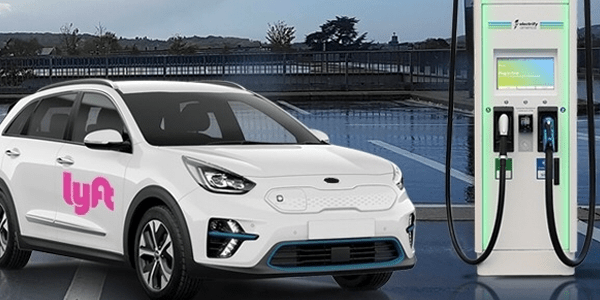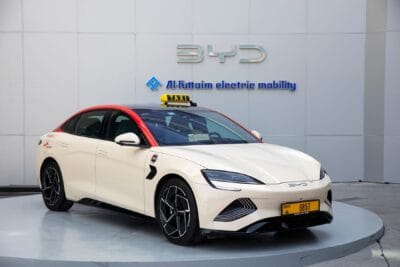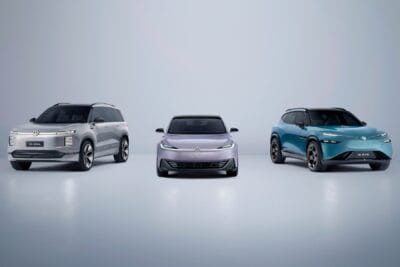Lyft to go completely electric in 2030
The US-American transport service provider Lyft has announced that from the year 2030 it intends to use only purely electric vehicles. This will affect not only the driving service but also the car rental platform and the project for autonomous driving.
“Now more than ever, we need to work together to create cleaner, healthier, and more equitable communities,” Lyft boss John Zimmer is quoted in a blog entry by the company. “Success breeds success, and if we do this right, it creates a path for others. If other rideshare and delivery companies, automakers and rental car companies make this shift, it can be the catalyst for transforming transportation as a whole”. Currently, according to Reuters, only one per cent of the cars used in Lyft services are battery-electric.
At ten years, the timeframe for fleet conversion seems very long – rental car fleets are usually replaced with corresponding leasing contracts after only a few months. Here and with autonomous driving, Lyft can easily decide which vehicles to purchase. However, this only applies to a limited extent to ride-sharing services, where the cars used are the property of the drivers. This is probably one of the reasons why Lyft is appealing to politicians and car manufacturers to move faster towards electric vehicles.
As an argument, Lyft focuses on the lower operating costs. For drivers who rent electric vehicles in the ‘Express Drive’, Lyft’s rental car partner program for rideshare drivers, this would result in savings of $50 to $70 per week, on fuel alone. “And we expect these savings to increase over time as the cost of EV batteries continues to come down,” states Lyft. Moreover, the company claims that “EV battery costs have already decreased nearly 90% since 2010, and we expect that by mid-decade, EVs will be more economical for rideshare drivers than gasoline cars,” the Lyft post says.
An argumentation that is also supported by data by Transport & Environment. A new cost analysis of the organisation shows that the shared use of electric cars is increasingly paying off financially for professional vehicle operators with high mileage, such as Uber in major EU capitals like Paris, Berlin, Madrid and Lisbon.
Already today, a medium-sized BEV from the C segment is on average 14 per cent cheaper than a comparable diesel vehicle, “if slow overnight charging close to home and / or fast charging is available at preferential prices”. In Paris, the savings are even higher at 24 per cent – among other things because of the cheap electricity and high purchasing incentives. A frequent driver could thus save 3,000 euros per year. But: If the drivers cannot charge cheaply overnight, but are dependent on expensive fast chargers at regular prices, operating a BEV can even be more expensive, according to T&E. However, the report also included a lump sum for the time lost when the driver charges at the rapid charging station during the day without a passenger.
Lyft also mentions as one of its goals “to expand incentives and infrastructure for electric vehicles”. “By working with policymakers and partners, and harnessing the power of the driver community, we can drive down the cost of EVs, expand EV incentives and infrastructure, and help drivers switch to electric over time in a way that is cost-effective, sustainable and profitable,” the blog says. “It will require the collective action of industry, government, and nonprofit organisations to overcome the two significant barriers currently preventing wide-scale electrification: up-front cost of the vehicle and access to reliable, affordable charging”.





0 Comments